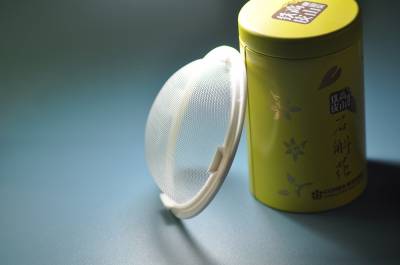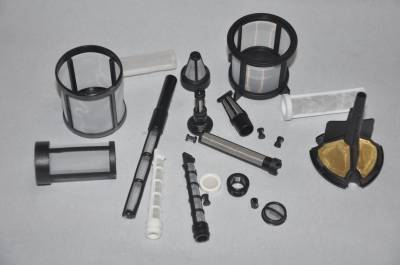Company Blog
Products for Filtration, Separation, Sifting and Printing
Molding Filter Components require consideration of plastic resins’ properties
- Font size: Larger Smaller
- Hits: 4077
- Subscribe to this entry
- Bookmark
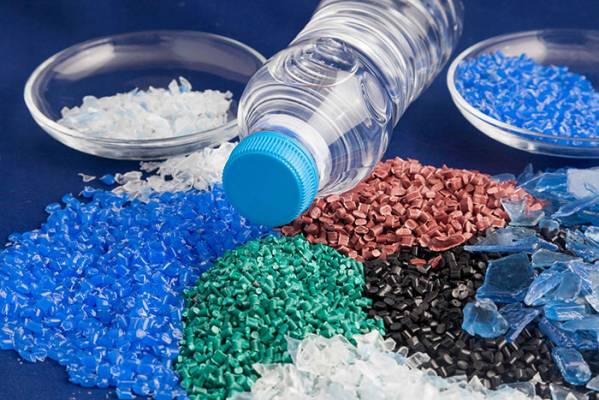
Plastic frame of molded plastic filter is very important even though the core is filter medium, without strong support of plastic frame, filter component fails to work properly in terms of filtration needs, so the plastic frame, which is made of molten plastic resin, has to consider the properties of plastic resins.
- Mechanical requirements
When selecting a resin, you should consider the part’s strength requirements as resin classes have various tensile strengths, tensile modulus, and elongation at break. Thermoplastic resins offer a variety of strength properties that can be modified with fillers like glass or carbon fiber.
- Chemical compatibility
Many customers are concerned about how chemicals, such as cleaning solvents and process reagents, interact with resin. In these cases, it is best to consult published testing data from resin manufacturers that show material performance in each chemical. In some cases, the data may not exist, and testing with specific chemicals will be required.
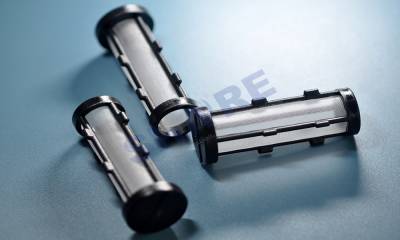
- Environmental compatibility
Parts exposed to extreme hot or cold conditions need a resin rated accordingly. This means the long-term service temperature and heat deflection temperature are critical performance metrics for your particular resin. Other environmental conditions to consider include exposure to high humidity and UV light, such as plastic parts used in medical devices.
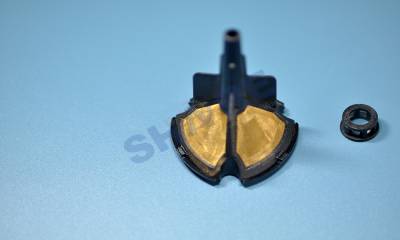
- Commodity vs. performancy
Whenever possible, a quality injection molder will strive to pair customer applications with commodity resin grades due to their inherent cost and availability advantages of higher volume raw material production. Some projects call for specific properties – strength, heat resistance, etc. – which are where performance resins excel.
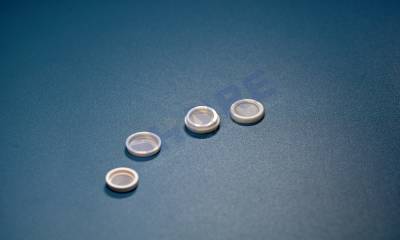
- Amorphous vs. semi-crystalline
Selecting amorphous resins can often be advantageous as they provide wider processing windows and improved dimensional control due to their random molecular structure. They can be transparent and are compatible with many adhesives. Semi-crystalline materials offer improved mechanical and thermal properties but can be difficult to process.
- Material shrinkage
The amount a resin shrinks during the molding process impacts the ease of building a tool or developing a successful molding process. For this reason, we try to select resins that have lower shrink rates whenever possible.
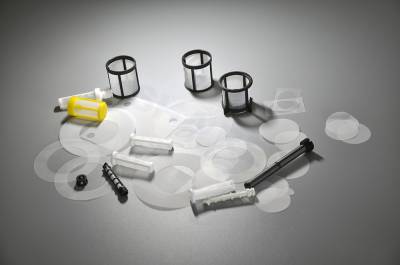
Once you have accounted for all of these factors, the list of suitable resins is easier to manage. Then a quality injection molder leverages their proficiency with particular materials, coupled with expertise in product design and development, to make the final determination of a grade. This leads to a product developed with the most optimal material selected for product performance and moldability.
By working with clients in different industries looking for molded plastic filter components, SHARE is assisting our clients in selecting suitable plastic resins for molding plastic filters.
Last modified on



